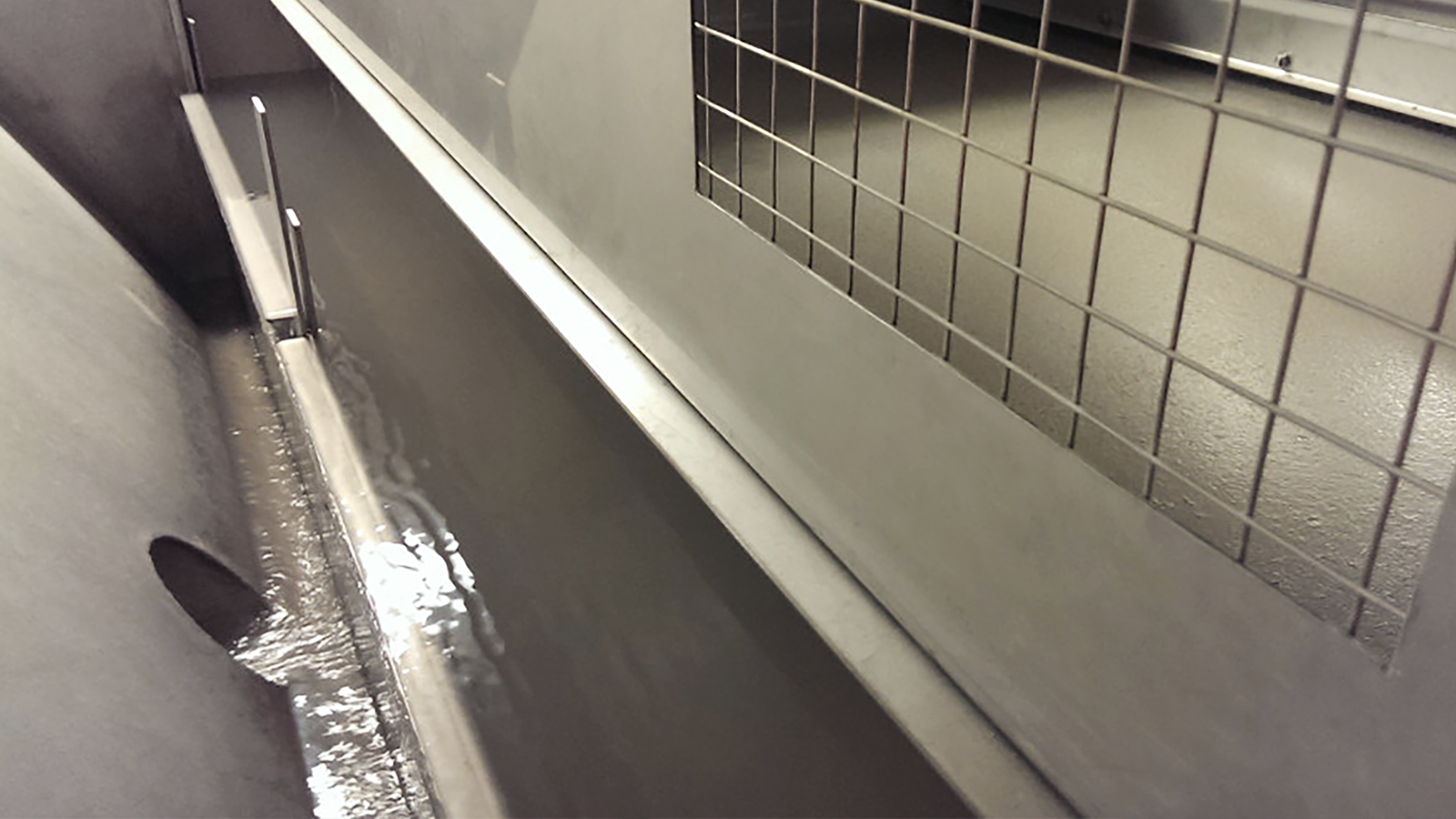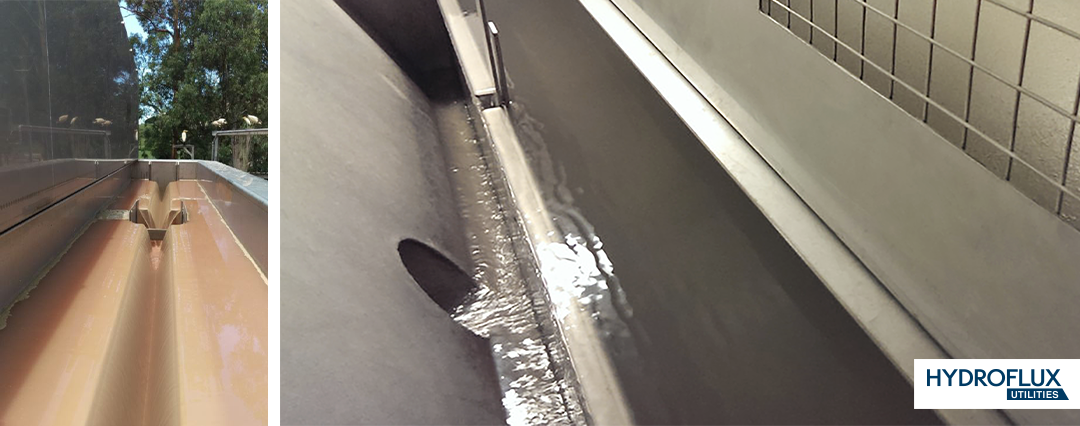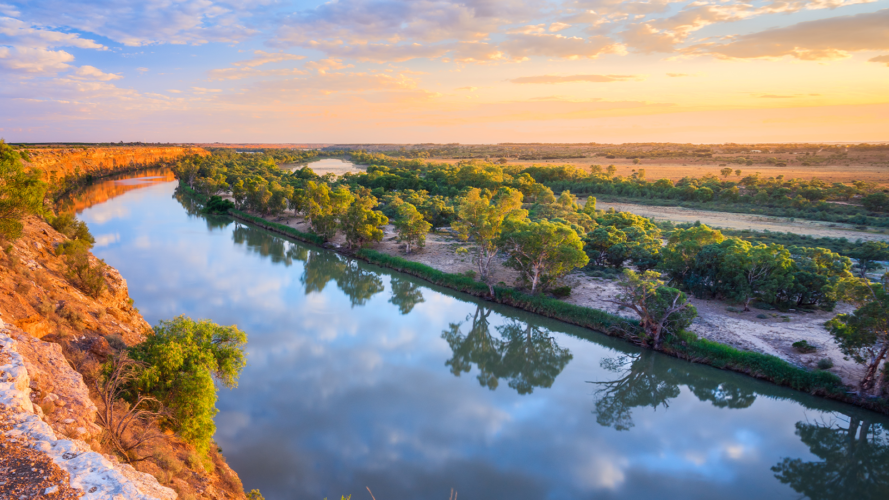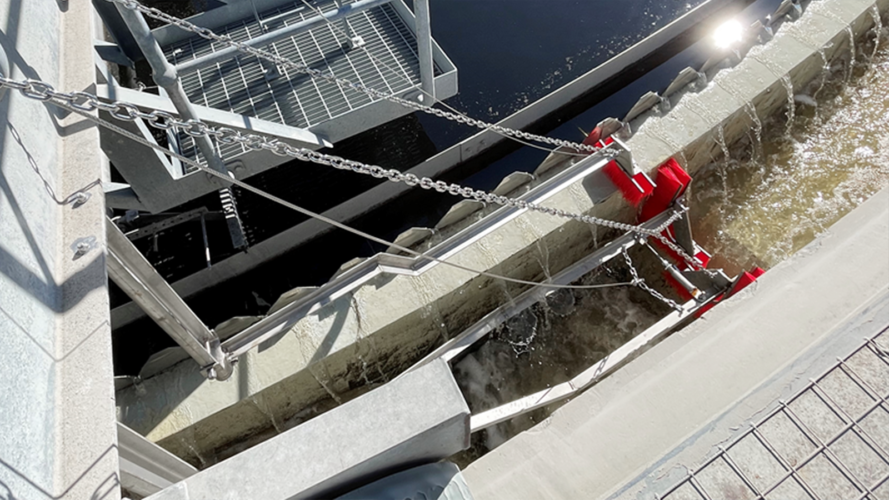
Does Maximising the Performance of my Treatment Plant Save me Money?
February 25, 2022
When operating a physical chemical treatment plant such as a DAF or clarifier, the performance of the plant is highly dependent on the chemical program used and the respective dose rates and generally speaking, the more chemicals you add, the better the treated water quality is.
Whether the physical chemical treatment system is discharging water to sewer or further treatment processes onsite, it is quite common to find that the physical chemical treatment system is configured to produce a treated water quality far in excess of what is actually required, and whilst it may be aesthetically pleasing to have clear and colourless water discharging from this physical chemical treatment plant, it is quite probable that the way the system is operated is not so attractive to the bottom line.

What you can do
There are many variables in play when operating a chemically assisted primary treatment plant, so the first step is to identify what those variables are. We will use a wastewater treatment plant discharging to the trade waste as an example to put this in perspective.
If a water authority charges $1.00 per kg for total suspended solids (TSS), and your DAF system is consistently producing good quality water at 100 mg/L TSS, then with a flow rate of 1 ML/day, your TSS daily mass charge will be $100/day. This is a simple linear equation, so if your DAF was not performing as well and producing a discharge at say 500 mg/L, this mass discharge cost will increase to $500/day (assuming that 500 mg/L in not in breach of any trade waste agreement.
Although this increase in cost may seem considerable, in order to achieve the lower $100/day cost, you would normally need to be dosing more chemicals, and this in turn will generate more sludge. It is often found that the costs for additional chemicals and sludge disposal are higher than lowering the chemical dose rate and paying a little extra for the additional TSS mass discharge.
The chart below is an example of a performance vs chemical cost assessment on a DAF system (recently conducted by Hydroflux Utilities at a food processing plant). The customer was originally getting 95% TSS removal at a chemical spend of about $0.50/kL. When the chemical dose was reduced the chemical spend went to $0.30/kL and the TSS removal decreased from 95% to 75% removal. While more TSS was discharged, the TSS concentration (and mass) were still below the agreed limit, and the mass cost for TSS only increased marginally – the outcome was a lower cost to operate.
In this basic example alone, there are multiple variables including; the actual chemical program used and the amount of sludge it generates, the cost of the chemicals, delivery methods, the dry solids concentration of the sludge, chemical costs of conditioning sludge, sludge classification and disposal cost to name just a few. If we considered an example whereby the wastewater is discharge to an onsite secondary treatment plant, then power consumption and waste activated sludge volumes also come into play.
Engaging Hydroflux Utilities to conduct a wastewater treatment plant optimisation study can reduce the operating costs of your wastewater treatment plant. We have the process knowledge, skills, speciality chemicals and a national presence to provide this service to any type of business operating a physical chemical wastewater treatment plant.
For more information click here
About the Hydroflux Group
The Hydroflux Group comprises eleven companies based in Australia, New Zealand, Fiji and the UK, providing specialist design and build, equipment, processes and operational services in water and wastewater treatment and sludge treatment and dewatering. The Hydroflux Group are the exclusive Australian representatives for HUBER Technology, AEROSTRIP, CNP Technologies, Flootech MBBR, Dutch Spiral and Organica Water and incorporates EPCO Australia.
Contact
Hydroflux Pty Ltd
Level 26, 44 Market St. Sydney NSW 2000 Australia
P +61 2 9089 8833 F +61 2 9089 8830
[email protected]
Want to stay up-to-date with what is going on? Click Here to follow us on LinkedIn
Up Next
CleanSweep® – Removing Unwanted Algae from Clarifier Launders
Categories
- Tradeshows
- Climate
- Community Engagement
- Corporate Announcements
- Group News
- Newsletters
- Product News
- Project Announcement


